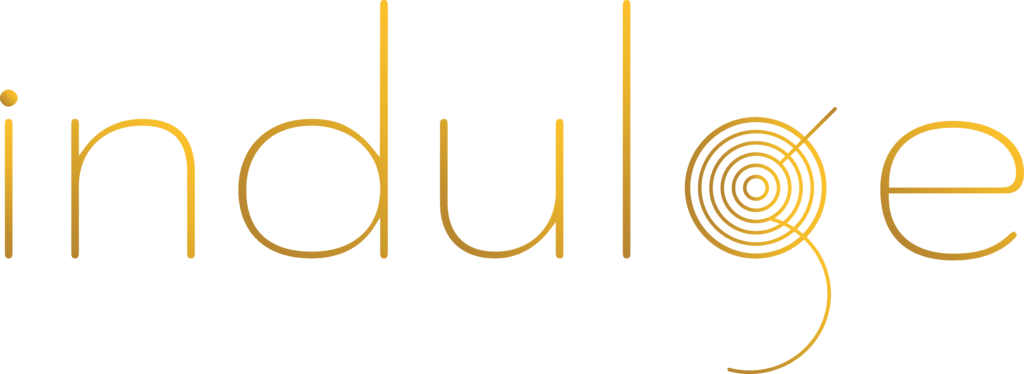Sometime back, a bottle of German wine sold for an astounding price of €12,000! It was high by all expectations, from previous auction prices to the winemaker’s expectations. And yet, somewhere in this world is a smug Chinese billionaire sitting pretty waiting for this bottle to turn up, one which he will possibly uncork for some very special occasion — or the very uncorking would deem it a special occasion — and go on to enjoy its €16 per ml of goodness’s worth in some rather exalting company.

Would he know the difference if I switched bottles on him and served him a lesser wine, one that say only costs €8/ml? It would still amount to a staggering €6000 for a bottle but would his joy be precisely halved? Would he know the difference? Would be able to detect? Would anyone?
All these questions are standard in the wine community. With demand far outstripping supply, wine is faster becoming what it traditionally fought to not be perceived as: a drink for the uber-rich who are willing to pay exorbitant sums for it, so much so that the joy of acquisition is manifold greater than perhaps the pleasure that any elixir could leave on ones’ lips. In other words, is any top wine worth the money one is expected to pay for it anymore?A certain wine eminent was notorious for starting his evenings by serving his guests a top estate wine in cheap stubby wine glasses and then following it up with a single-digit supermarket quaffer served in exquisite handmade mouth-blown crystalware. The invitees invariably veered towards the second wine, appreciating its fineness to no ends while deriding the lack of subtlety in the former. Imagine their chagrin when they were made to realise that what they had enjoyed cost a fraction of the one they had collectively written off. Was it really that the wine was not as good or did the glasses play one on our senses?

So who do we trust: our senses or what the label indicates, more appropriately, the price label? Does a wine become expensive because it is good or is it good because the price decrees so? And just how good really is good and beyond a certain point, can a wine ever justify the astronomical price it can command at auctions and the likes?
Clearly, beyond a certain point, the value of a wine does not equal its worth and vice versa. But exactly at what price does this happen that a wine stops being value-for-money? Is it a fixed amount or more based on one’s comfort purchase zone and anything that tends to tip into the not justifiable region? By such logic, the billionaire in the example above is justification enough for the five-digit bottle acquisition.
Here is the simple ‘Zen’ way to approach this conundrum: the enjoyment of a wine isn’t limited to one of our faculties. It’s a multi-sensory experience and in that, it lies largely in the subjective zone. Which means that there is no definite price or value that can be attributed to a wine. A bottle is worth not what you pay for it but the value it adds to your pleasure quotient. In such then, acquiring a pricey bottle simply for the bragging rights is justified too, as long as it pleases the pursuer. Sure it reeks of a ‘nouveau riche’ culture that is utterly shallow and yet deeply hollow but everybody has to have their first sip at some point before they can grow to like it.
And then, think about the winemaker: given the fixed parcel of nature that s/he is fortunate to work with, there is only that much wine s/he can produce. To preserve quality means to limit production which means that the only way to deal with increasing costs and the general consequences of inflation is to inflate prices. And as more people are joining the wine appreciation club, there are more hands vying for those precious few bottles. The rising price is a clear sign of the increasing popularity of a wine that allows it to command such prices. In other words, if you made an average wine and pegged it at a high price, eventually people would see through it and you will be out of business. But till such point, if marketing is the only skill one has in their armoury, then there are many ways to achieve instant fame and ridiculously high evaluation, and before you know it, a whole new breed of aficionados will be running amok trying to acquire this latest qualifier for the most coveted and expensive wine in the world.

So have I answered my own question, not really. Value and worth can never be equated and for the little moment in time when the two intersect, it becomes the best time to enjoy those wines. The most famous wine regions of the world sadly passed that point almost over a century ago and today it is for us to discover new areas that pack the same potential but at a more pocket-friendly price point. In other words, instead of finding an equation to justify value and worth, simply look out for new wine regions.
Happy hunting and cheers!
